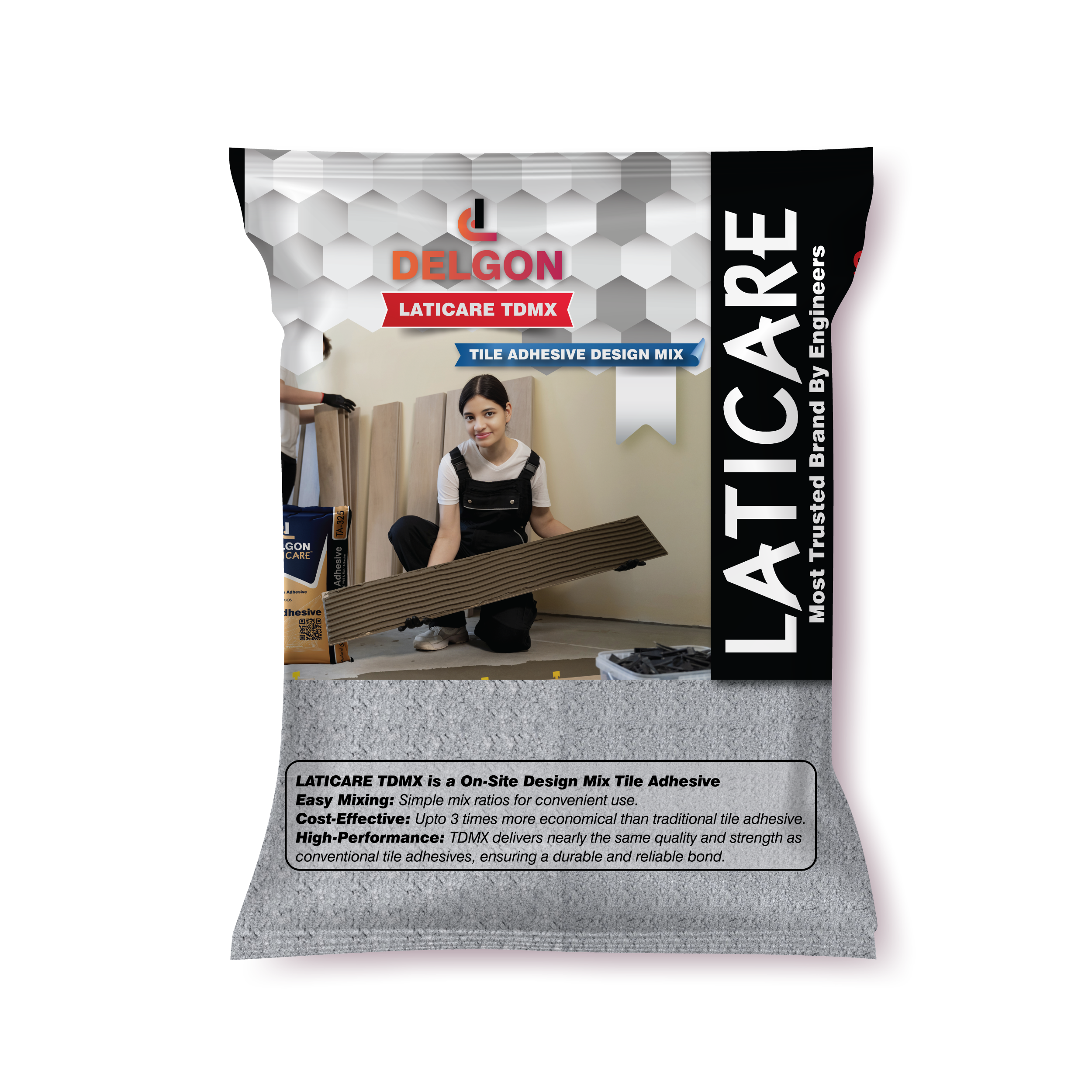Introduction
As the world shifts towards sustainable living, eco-friendly building practices are gaining momentum. Even seemingly small decisions, like choosing the right tile adhesive, can make a significant difference in reducing environmental impact. In this blog post, we’ll explore the importance of adopting green building practices, highlight the benefits of eco-friendly tile adhesive options, and showcase how Delgon Laticare is leading the way in sustainable adhesive solutions.
The Need for Green Building Practices
Traditional construction practices can take a toll on the environment, contributing to carbon emissions, resource depletion, and waste generation. Green building practices, on the other hand, prioritize sustainability, energy efficiency, and reduced ecological impact. Choosing eco-friendly materials, including tile adhesives, aligns with these principles.
Benefits of Eco-Friendly Tile Adhesive
- Reduced VOC Emissions: Eco-friendly adhesives have lower or no volatile organic compound (VOC) emissions, improving indoor air quality and reducing health risks for occupants.
- Resource Conservation: Sustainable adhesives often incorporate recycled or renewable materials, reducing the demand for virgin resources.
- Lower Energy Consumption: The production of eco-friendly adhesives typically requires less energy, contributing to a smaller carbon footprint.
- Biodegradability: Some eco-friendly adhesives are biodegradable, minimizing long-term environmental impact.
Delgon Laticare’s Commitment to Sustainability
Delgon Laticare is dedicated to creating adhesive solutions that not only perform well but also uphold eco-friendly principles:
- Low-VOC Formulations: The company offers adhesives with reduced VOC emissions, ensuring healthier indoor environments for homes and commercial spaces.
- Recyclable Packaging: Delgon Laticare employs recyclable packaging materials, minimizing waste and promoting responsible disposal practices.
- Green Certifications: Many of Delgon Laticare’s adhesives carry green certifications, indicating their compliance with strict environmental standards.
- Innovative Research: Delgon Laticare continues to invest in research and development to improve the sustainability of their adhesive products.
Making the Switch to Eco-Friendly Tile Adhesive
- Research and Educate: Learn about different eco-friendly adhesive options and their benefits. Consider adhesives labeled with certifications like LEED or GreenGuard.
- Check Product Labels: Look for adhesives that explicitly state their low VOC content, recycled materials, or environmentally friendly properties.
- Consult Experts: Seek advice from professionals or manufacturers like Delgon Laticare to ensure you’re choosing the right eco-friendly adhesive for your project.
- Long-Term Investment: While eco-friendly adhesives might have a slightly higher upfront cost, their long-term benefits and positive environmental impact make them a worthwhile investment.
Conclusion
Adopting green building practices extends beyond the materials you choose for your projects; it’s a commitment to sustainability and a healthier planet. Eco-friendly tile adhesive options, exemplified by companies like Delgon Laticare, play a vital role in this journey by offering adhesive solutions that minimize environmental impact without compromising performance. As you embark on your next tiling project, consider the positive ripple effects of selecting eco-friendly tile adhesives, contributing to a greener and more sustainable future.

